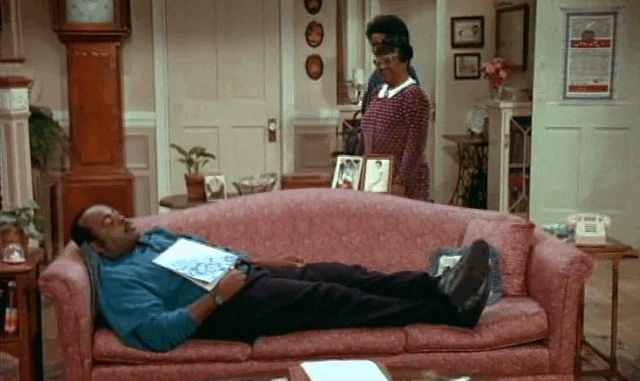
When The Cosby Show premiered on NBC on September 20, 1984, no one could have predicted the cultural revolution it would ignite. Centered around the Huxtable family—a well-educated, upper-middle-class Black family living in Brooklyn—the show didn’t just entertain millions. It redefined what American television could look like and challenged deeply rooted stereotypes with humor, grace, and authenticity.
A Different Kind of Family on Primetime
Led by Bill Cosby as Dr. Heathcliff Huxtable and Phylicia Rashad as Clair Huxtable, a lawyer and the family matriarch, the show broke new ground by portraying African-Americans not as sidekicks or caricatures, but as fully realized, complex characters. The Huxtables had five children, each with distinct personalities, dreams, and struggles—offering a layered view of family life that resonated across racial and socioeconomic lines.
The Cosby Show wasn’t about race—it was about family. But in being so, it quietly made a bold statement: Black excellence deserved the same platform as white mainstream stories. It was revolutionary in its subtlety.
Ratings Gold and Cultural Impact
For five consecutive seasons, The Cosby Show was the number-one show on television—a feat rarely achieved. Its success helped resurrect NBC’s struggling ratings and led to a new golden age of sitcoms in the late ’80s and early ’90s.
More importantly, the show inspired a generation. It opened doors for other Black-led TV shows like A Different World (a spin-off set at a historically Black college), Family Matters, The Fresh Prince of Bel-Air, and later, Black-ish. For many viewers, the Huxtables were more than characters—they were role models.
A Legacy Complicated by Controversy
In recent years, Bill Cosby’s criminal convictions and allegations of sexual assault have overshadowed the show’s legacy. Networks pulled reruns, and public sentiment became sharply divided. This has raised difficult questions: Can we separate the art from the artist? Should a groundbreaking work be erased because of its creator’s actions?
While Cosby’s legacy is undeniably tainted, many critics and fans continue to recognize the show’s cultural importance. The Huxtable family, as fictional as they were, made very real progress in how American television viewed race, family, and success.
Why The Cosby Show Still Matters Today
In a time when representation is more important than ever, The Cosby Show remains a vital part of television history. It taught viewers that diversity isn’t just a checkbox—it’s a reflection of reality. It offered an alternative to the often-negative portrayals of Black life in media and created a template for future storytellers to follow.
Whether you grew up watching the Huxtables or discovered them later, the show’s influence is hard to ignore. It was funny, smart, and quietly radical. And for all its complexities, The Cosby Show left an indelible mark on American culture.